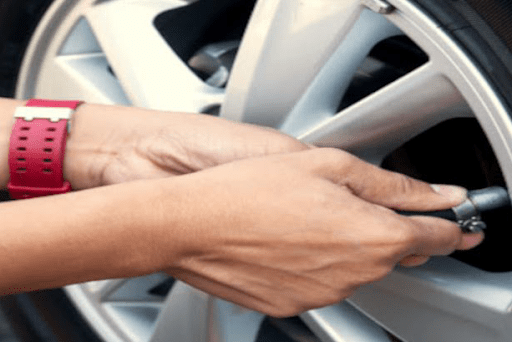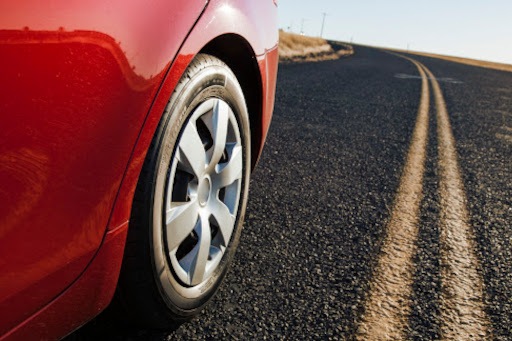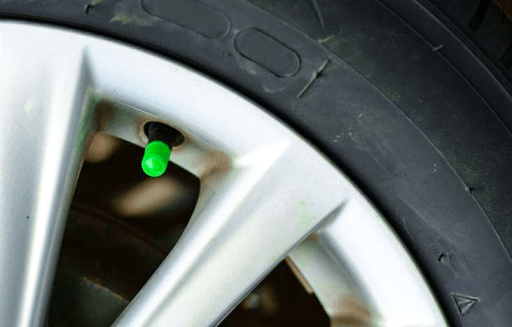
Of course you’ve heard of putting air in your tires, but how about nitrogen? It has been proven that nitrogen can help the longevity of your tire life, gas mileage, and decrease the amount of time in between refills. But are these benefits worth the extra cost? Read our evaluation below and find out which one works best for you!
Benefits of Nitrogen
You may have seen a wide variety of research stating that nitrogen is better for your tires than air is. But the lingering question is whether or not the increased price is worth it.

Lower Risk of Oxidation: When tires are inflated with nitrogen, they are at less risk of oxidation. Oxidation is classified as the effects the oxygen has on the rubber of the tires. This process can cause the rubber of tires to become more brittle than they would be with nitrogen. While tires should typically be replaced before this occurs, it still is an important factor to consider.
Reduced Air Loss: Tires inflated with air or nitrogen both leak over time, but nitrogen has been proven to leak at a much slower rate. Generally speaking, over the course of 12 months, an air-filled tire inflated to 30 PSI will lose around 3.5 PSI. On the other hand, the tires filled with nitrogen will only lose about 2.2 PSI. While there isn’t a crazy difference between the two, nitrogen still came out on top.
Better Gas Mileage: This improved gas mileage is the result of having a tire that is properly inflated. While this can be achieved with both nitrogen and air, nitrogen does a better job of keeping the tire inflated to the proper PSI. In order to keep an air-filled tire at the correct PSI for better gas mileage, a bit more maintenance is required.
No Water Vapor: Typically, a tire filled with air contains about 78% nitrogen, 21% oxygen, and 1% of other gases, along with water vapor. While this amount is minimal, it still means there is water present which can cause your tires to vary in pressure due to temperature changes.

How Do I Know If My Tires Have Nitrogen or Air?
Determining which components your car’s tires are filled with involves looking at the valve stem. In most cases, the cap is colored green or topped with a green indicator.
How Much More Does Nitrogen Cost?
To fill an entire set of new tires with nitrogen, it typically costs anywhere between $70 to $175. Draining the air and refilling it with nitrogen costs around $30, and topping off a single tire can cost $5 to $7. This is in comparison to filling a tire with air, which is either free or around a dollar at a filling station.
Is It Worth It?
While nitrogen does seem to have a few more benefits, these benefits are fairly minor in comparison to air. Each of the factors studied found that keeping your tires well maintained is key to reducing any issues at all. Bottom line, if you want to pay more for similar effects and less maintenance, then go with the nitrogen. But, if $5 each time you need to top off a tire is not in your budget, then there is no issue with using plain old air!
Reach out to any of our McGrath Service Centers or check out our Tire Maintenance blog post to ensure you are getting the most out of your tires!